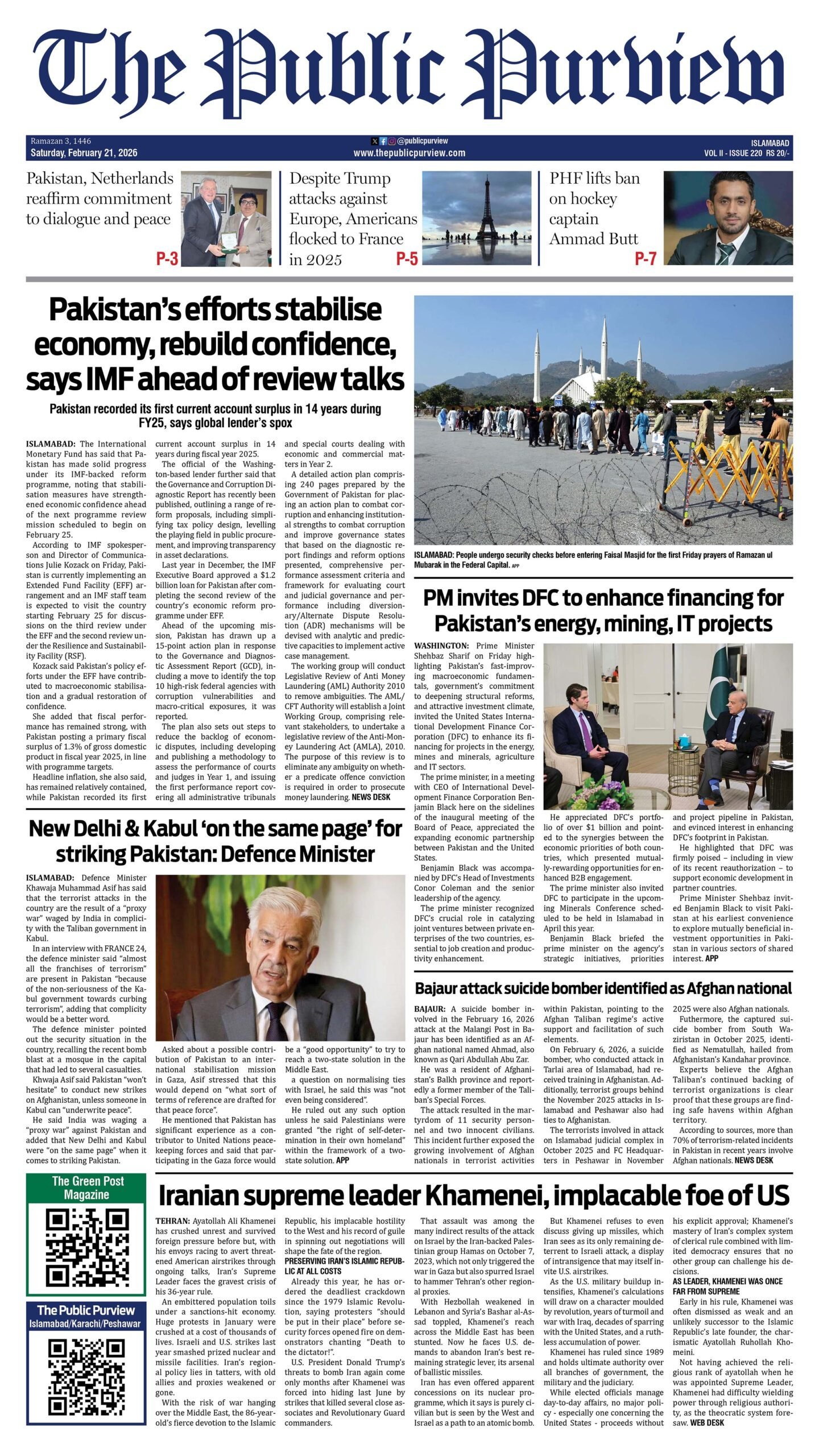MONITORING REPORT
LONDON
A British Asian leading landlord Asad Chaudhary has appealed against £15,600 financial penalty imposed by Waltham Forest Council, arguing that the borough’s licensing demands are unlawful and that he has been unfairly targeted as an individual rather than through the corporate entity responsible for the property.
The council has taken financial penalty action against Asad Chaudhary’s ZAS Ventures Limited for £15600 on an assured shorthand tenancy dated 27 December 2023 on the allegation that it was let without a license; it is is also demanding £39000 from Chaudhary’s Interface Properties Limited for renting out two properties for the same alleged violations; and Chaudhary’s Lets Move Properties Limited for the amount of £19500.
Asad Chaudhary, Director of Interface Properties Limited and one of leading British Asian landlords operating in East London, has filed an appeal in the First-tier Tribunal (Property Chamber) challenging the Council’s decision to impose the penalties for allegedly operating rental properties without valid selective licence under Part 3 of the Housing Act 2004.
The case is one of a kind and has sparked fears of discrimination, stereotyping, authoritarian overreach and harsh and disproportionate use of the housing laws, according to the legal circles. T
The properties in question, in Waltham Forest area, , was let to a tenants mainly in the middle of 2023. The Council claims the properties falls within a designated selective licensing area and therefore, requires five-year licences. The designation expired on 30 April 2025, yet the Council demands landlords pay for full five-year licences — beyond the statutory designation period.
Under the Housing Act 2004, local authorities may introduce selective licensing schemes in designated areas to tackle housing-related issues such as anti-social behaviour or poor housing conditions. Waltham Forest Council designated 18 of its 20 wards as licensing areas, with the scheme coming into force in May 2020, expiring in April 2025.
Licensing under the scheme requires landlords to apply for a five-year licence and pay a £700 fee, regardless of the time left before the designation expires. However, Mr. Asad Chaudhary has argued in his defence that this demand is not only unreasonable but unlawful, since no licence can legally extend beyond the designation period as defined in section 84(2) of the Act.
According to the court papers obtained, Asad Chaudhary argues that the Council’s decision to impose a penalty on him personally is fundamentally flawed. The landlord in question is not Mr. Chaudhary himself, but his four companies which own the properties and signed the tenancy agreement.
According to section 95(1) of the Housing Act 2004, a person commits an offence if they control or manage a property that requires but lacks a selective licence. Asad Chaudhary insists in his defence that as director, not an owner or manager in his personal capacity, he does not meet the statutory definition of someone liable under the Act.
Iain Colville KC, lawyer acting for Asad Chaudhary, has told the court that not Mr Asad Chaudhary but his companies were responsible for applying for the licences. “The Council’s attempt to pierce the corporate veil is legally unsound.”
Asad Chaudhary and Waltham Forest Council are also involved in a legal dispute over the operation of its licensing scheme.
On 15 March 2024, Mr. Chaudhary, on behalf of Interface Properties and Zas Ventures, issued a judicial review claim against the Council, challenging the legality of forcing landlords to apply and pay for a full five-year licence despite the designation expiring in less than that period.
In response to the challenge, the Council agreed on 5 June 2024 to suspend enforcement action, including financial penalties, pending the outcome of the judicial review. While the High Court ultimately refused permission to proceed with the claim in September 2024, an agreement was reached that Interface Properties would submit licence applications for all properties, including the Leytonstone flat, by 1 October 2024.
Mr. Chaudhary complied with this deadline. On 1 October, Interface Properties submitted the required licence application for the property. His lawyer says that despite this, the Council proceeded to issue the Final Notice of financial penalty on 23 April 2025, breaching the earlier agreement to refrain from enforcement action pending resolution of the matter. Mr. Chaudhary’s legal team has argued the council is involved in misapplication of the law and that any such demand renders the Council’s licensing scheme unlawful to that extent.
“The Council cannot demand a licence fee for a term it has no power to enforce,” said Colville. “To do so undermines the statutory time limits Parliament expressly imposed.”
Even if liability were established, Mr. Chaudhary argues the £15,600 penalty is grossly disproportionate. The Ministry of Housing, Communities and Local Government in April 2018, established in guidelines that financial penalties for licensing offences must be proportionate, justified, and based on clear factors and the guidance also warned that the maximum fine of £30,000 should be “reserved for the worst offenders.” Yet, the Council categorised Mr. Chaudhary’s conduct as Band 4 “serious”—without any evidence of harm or misconduct. Chaudhary’s lawyers have said that he never refused to apply for a licence and merely objected to paying an inflated and unlawful fee for a licence that would exceed the statutory scheme’s duration. Once it was agreed that an application could be submitted, he promptly did so, obeying the law, according to the court papers.







 Today's E-Paper
Today's E-Paper